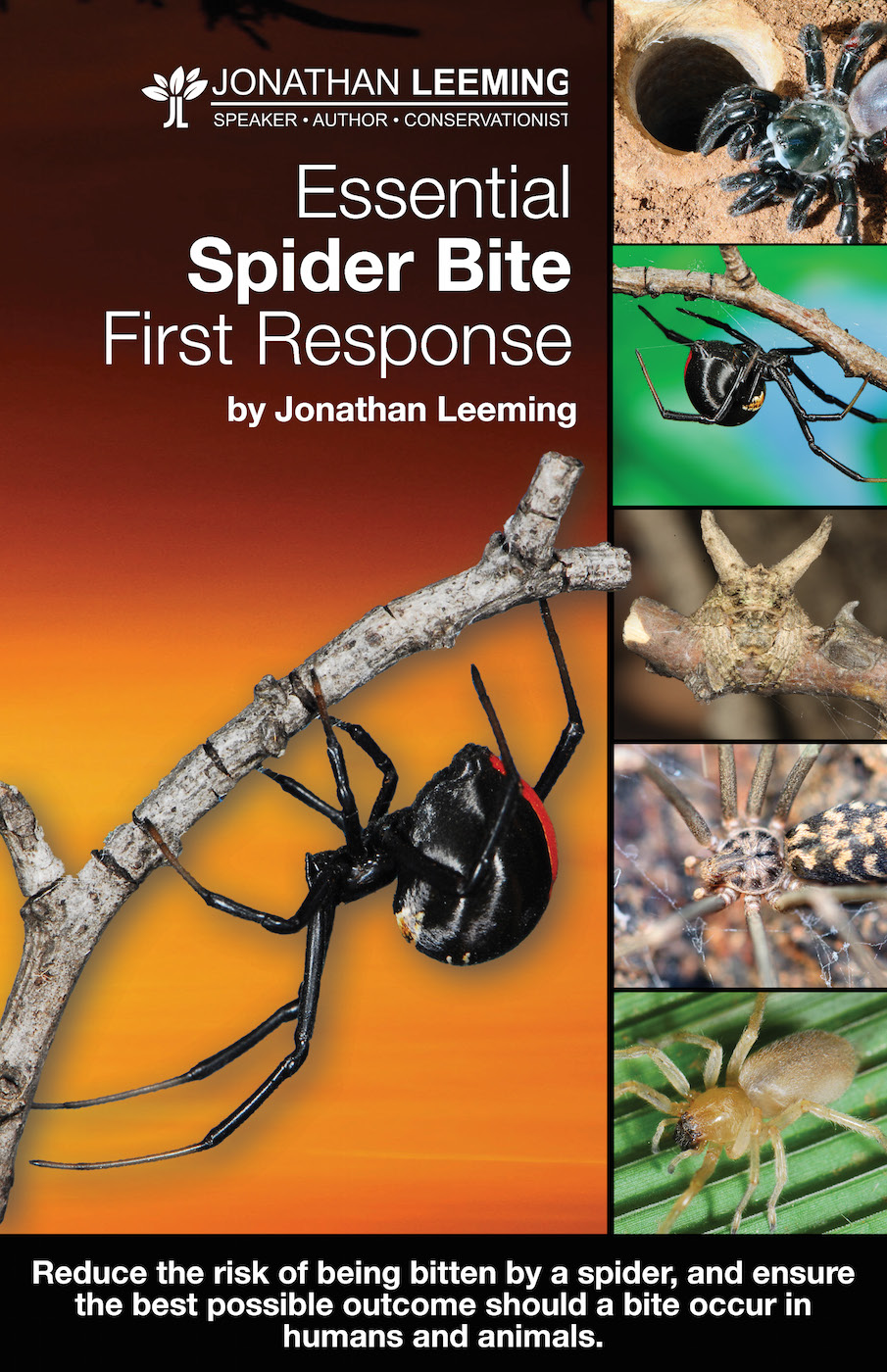
Scorpion envenomation in dogs and cats are more common than in humans (see page 99). When an animal locates a scorpion, they rarely move away to a safe distance. When an animal such as cats and dogs see a scorpion they often head for it and try to kill it leading to them being stung. Fur provides a degree of protection from scorpion stings.
Scorpion stings in animals pose challenges that include:
Determining scorpionism and classes of symptoms can be very challenging in animals, as they cannot communicate the cause of they symptoms, or how they are feeling in terms of symptoms. It is only by interpreting their behaviour that we can get an idea as to the severity of symptoms.
It is important to recognise a scorpion sting especially in smaller animals, and when professional medical attention is required. If a scorpion envenomation is suspected then treat the sting as a medical emergency as the onset of symptoms can be quick due to the small body size of dogs and cats. If you live or work in a high risk area (see page ??) be aware of any of the following symptoms:
If any of these symptoms occur, immediately seek medical assistance. Time to treatment is vital for a speedy recovery. In the case of class 3 or 4 symptoms, antivenom may be administered to prevent death of the animal. The same antivenom, at the same dose and in the same way, is given for animals as for humans. It has been demonstrated that dogs that have received a sufficient dose of antivenom have fully recovered within 6 hours.
